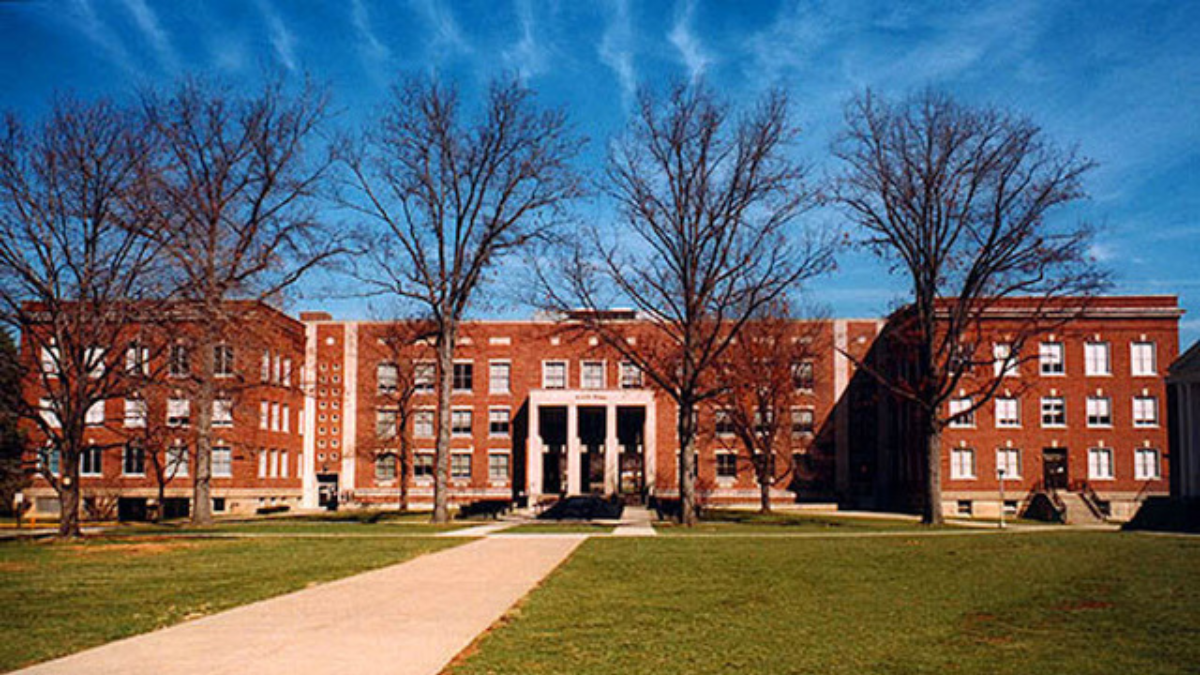West Liberty University announced its four final presidential candidates. They are expected to visit the university over the next few weeks for campus tours and interviews with faculty, staff and students.
“I am pleased to announce that we have four strong candidates for the next president of West Liberty University. The Search Committee looks forward to introducing these leaders to our campus community and to the public as we begin the final steps in the extensive process of finding a president,” Thomas Cervone said in a press release. Cervone is the chairman of the Search Committee and an active alumnus and member of the West Liberty Board of Governors (BOG).
The four university presidential candidates are Tim Borchers, vice president for Academic Affairs at Peru State College; David Christiansen, chancellor of Penn State York; Kelly Ryan, interim chancellor of Indiana University Southeast; and Robert T. Smith, provost and vice president for Academic Affairs at Valdosta State University.
There were 59 applications for president in total, according to the university.
Borchers has 18 years of higher education administrative experience. He holds a doctoral degree in communication from Wayne State University, a master’s degree in communication from Wayne State and a bachelor’s degree in Speech Communication from the University of Nebraska-Lincoln.
Borchers is expected to visit campus April 19-21.
Chistiansen has overseen the development of more than 90 academic programs at Penn State. He co-chaired Penn State’s Enhanced Education Pathways committee, which created several programs to increase the enrollment, retention and graduation rates of first-generation and low-income students. He earned his bachelor’s degree in History and Latin from Texas Tech University and his master’s and doctoral degrees in Classics at the University of Wisconsin.
Christiansen is expected to visit campus April 25-27.
Ryan became the eighth chancellor and fourth woman chancellor to serve Indiana University Southeast. She holds three degrees in history, a bachelor’s degree from George Mason University, a master’s degree from Boston College and a doctoral degree from the University of Maryland.
Ryan is expected to visit campus April 16-18.
Smith has focused his career on student success through expanding experiential learning opportunities, improving retention and graduation rates, particularly among underrepresented students. He earned his master’s and doctoral degrees in Mathematics from the University of Delaware, as well as bachelor’s degrees in mathematics and German from Widener College (now Widener University). More recently, Smith earned certificates from the Institute for Management and Leadership in Education at the Harvard University Graduate School of Education and the Becoming a Provost Academy, sponsored by the American Academic Leadership Institute.
Smith is expected to visit campus April 23-25.
West Liberty hopes to have a president on board sometime in late spring, with an expected date of contract to begin July 1, 2023.
Read detailed bios about each candidate on West Liberty’s website.
The university has been searching for a new president ever since the BOG voted last year not to extend the contract for former President W. Franklin Evans.
Evans’ two years at West Liberty were marked with controversy after he was accused by the school’s faculty senate of plagiarizing sections of his speeches.
He admitted to at least one instance of failed accreditation, while national news publication Inside Higher Ed alleged that he failed to give proper attribution in several speeches.
“It was not my intent to give anyone the impression that those were my words,” Evans said in an interview with West Virginia Public Broadcasting last year. “I was just trying to provide a framework of knowledge, information that would help our students to be successful.”
In fall 2021, West Liberty’s BOG voted to publicly censure Evans following the allegations. In the spring of 2022, a survey of the school’s faculty was conducted, gauging their level of support for Evans since the censure. More than 80 percent of respondents to that survey disagreed or strongly disagreed with the statement, “I am confident in the integrity of President Evans.”
Evans had stated he felt the survey was unfair, claiming race played a role in his continued criticism. Evans was the school’s first Black president.
A representative of the faculty senate, however, said the survey was intended to provide feedback to the president who had promised to rebuild trust with the campus community.
Cathy Monteroso has been interim president at West Liberty since December.
